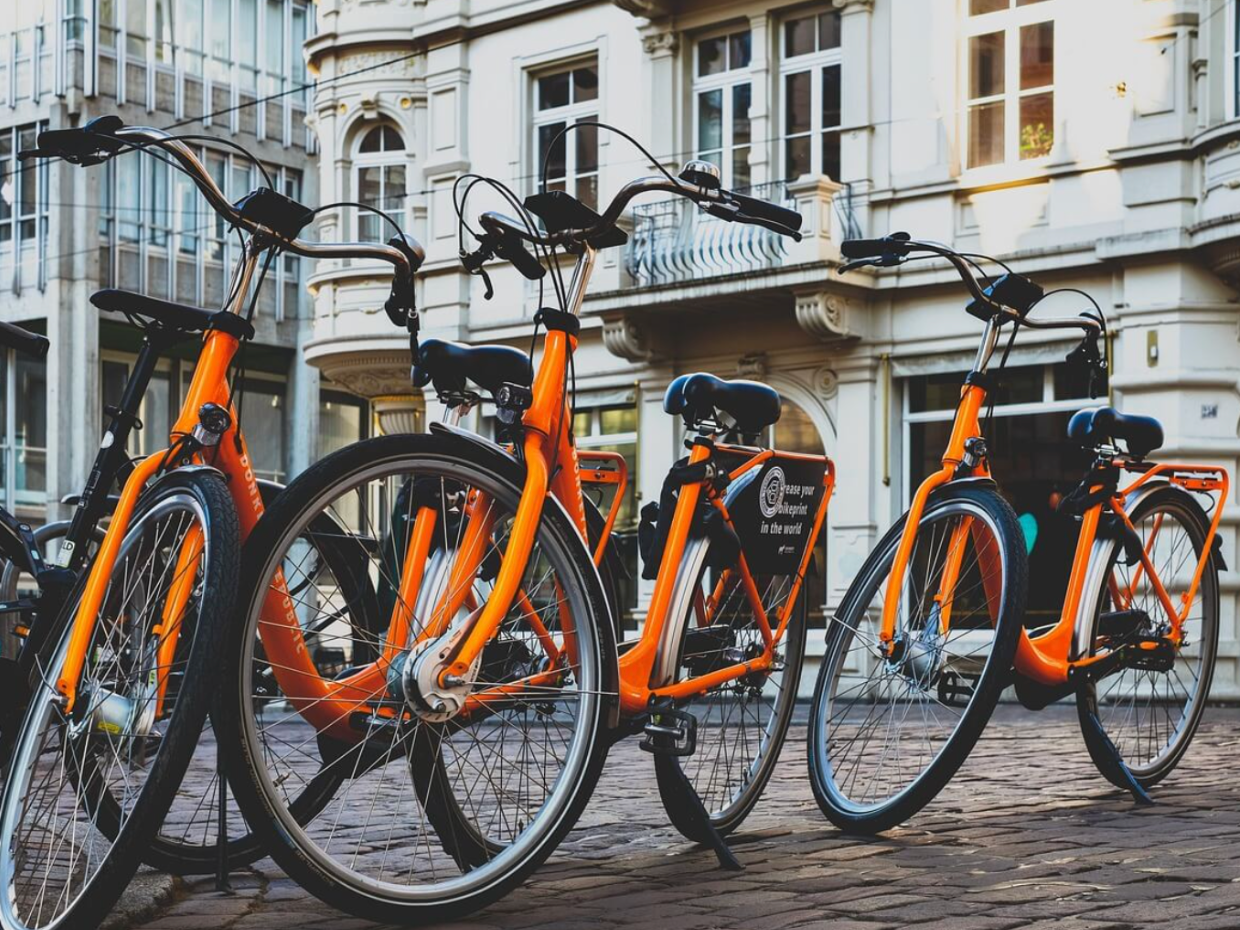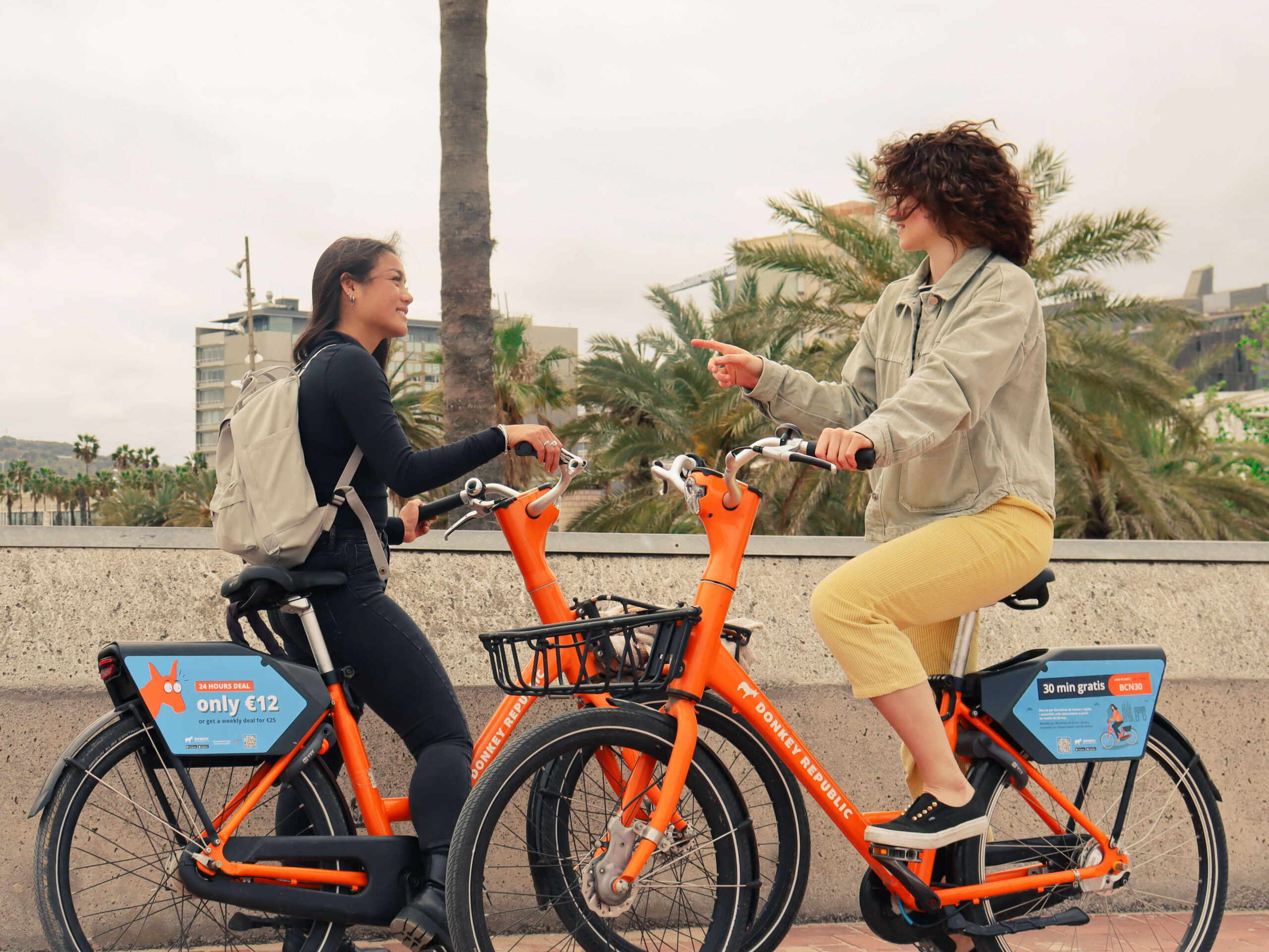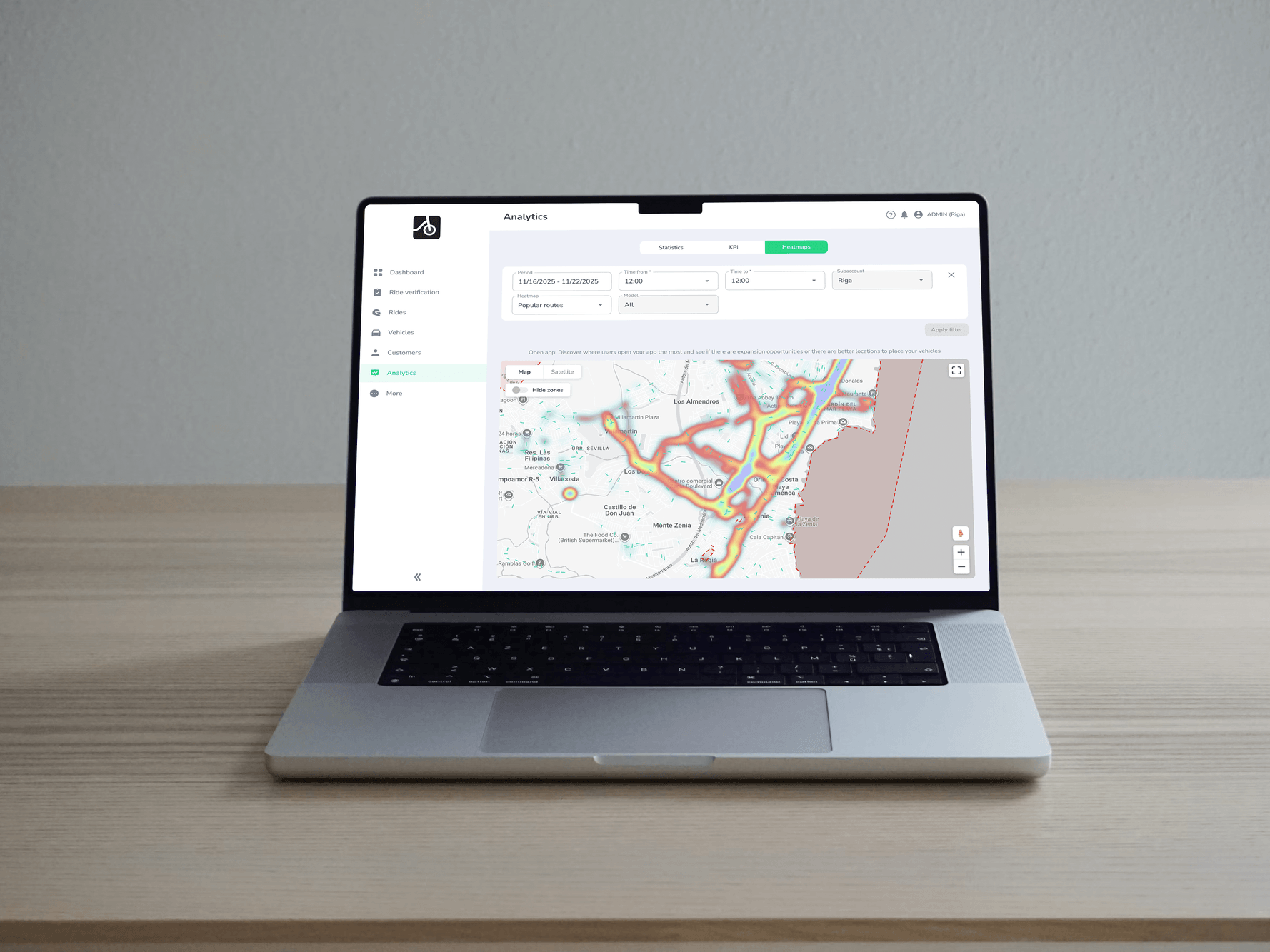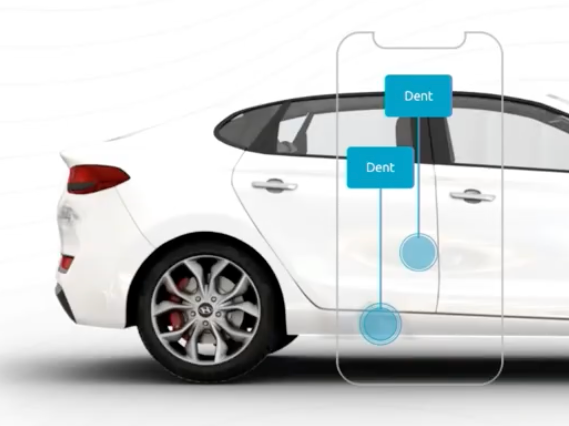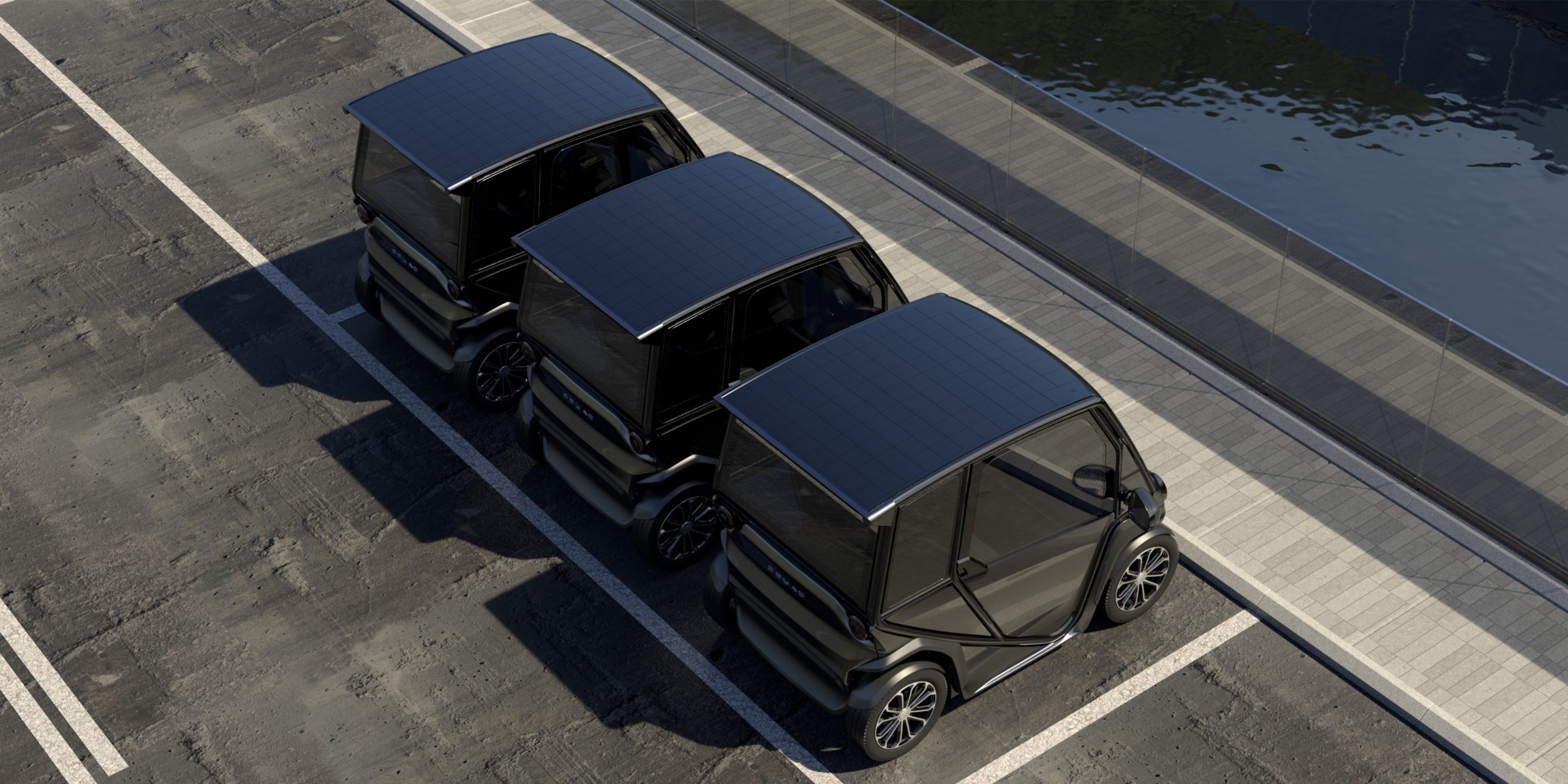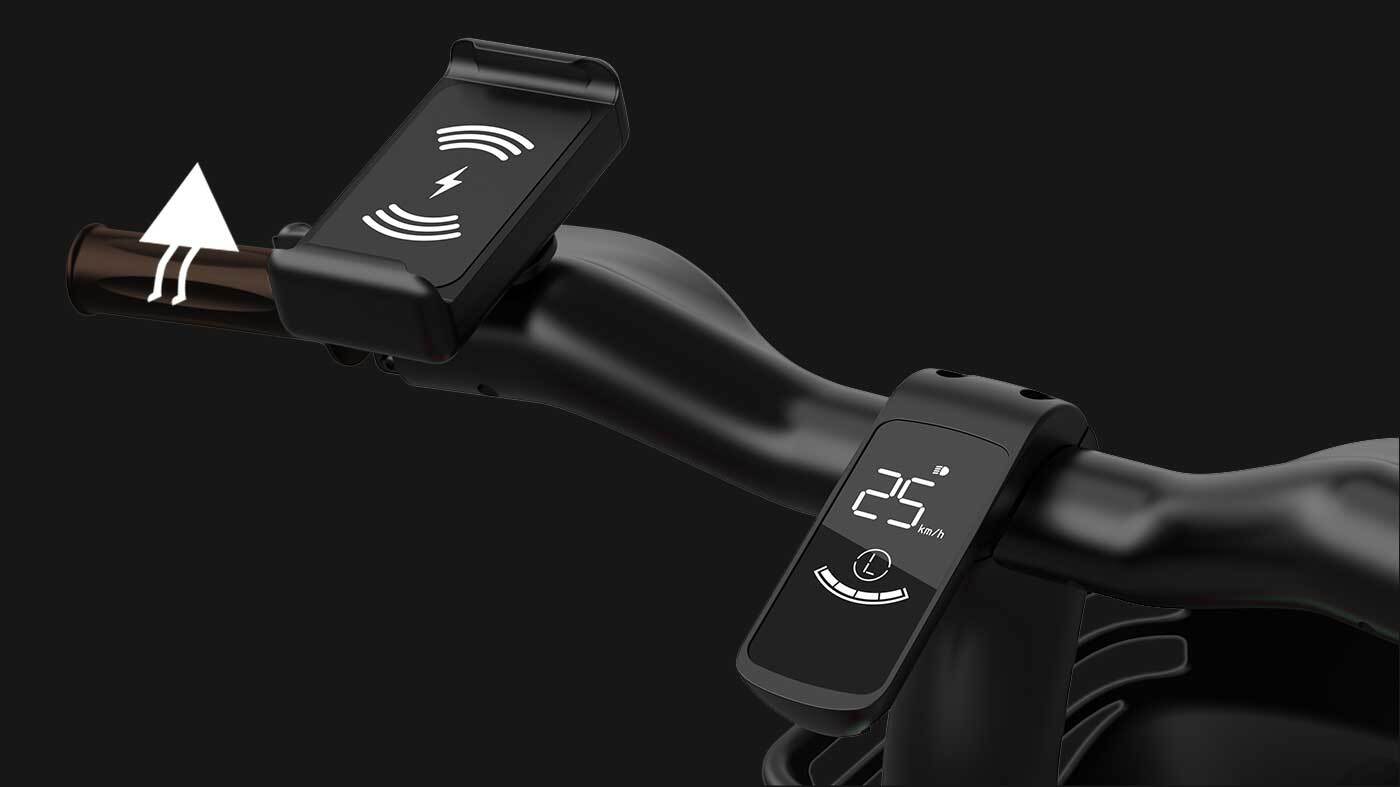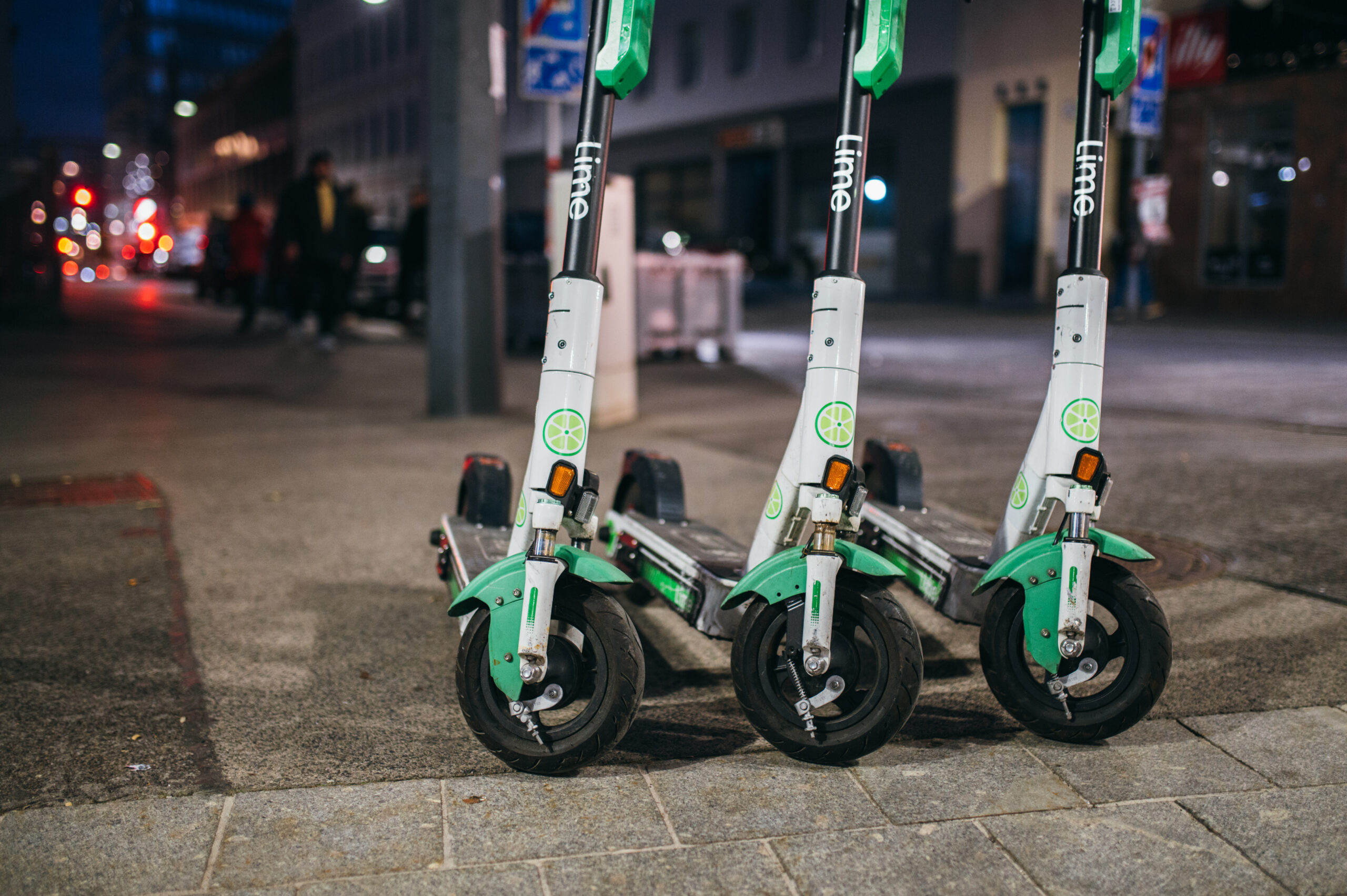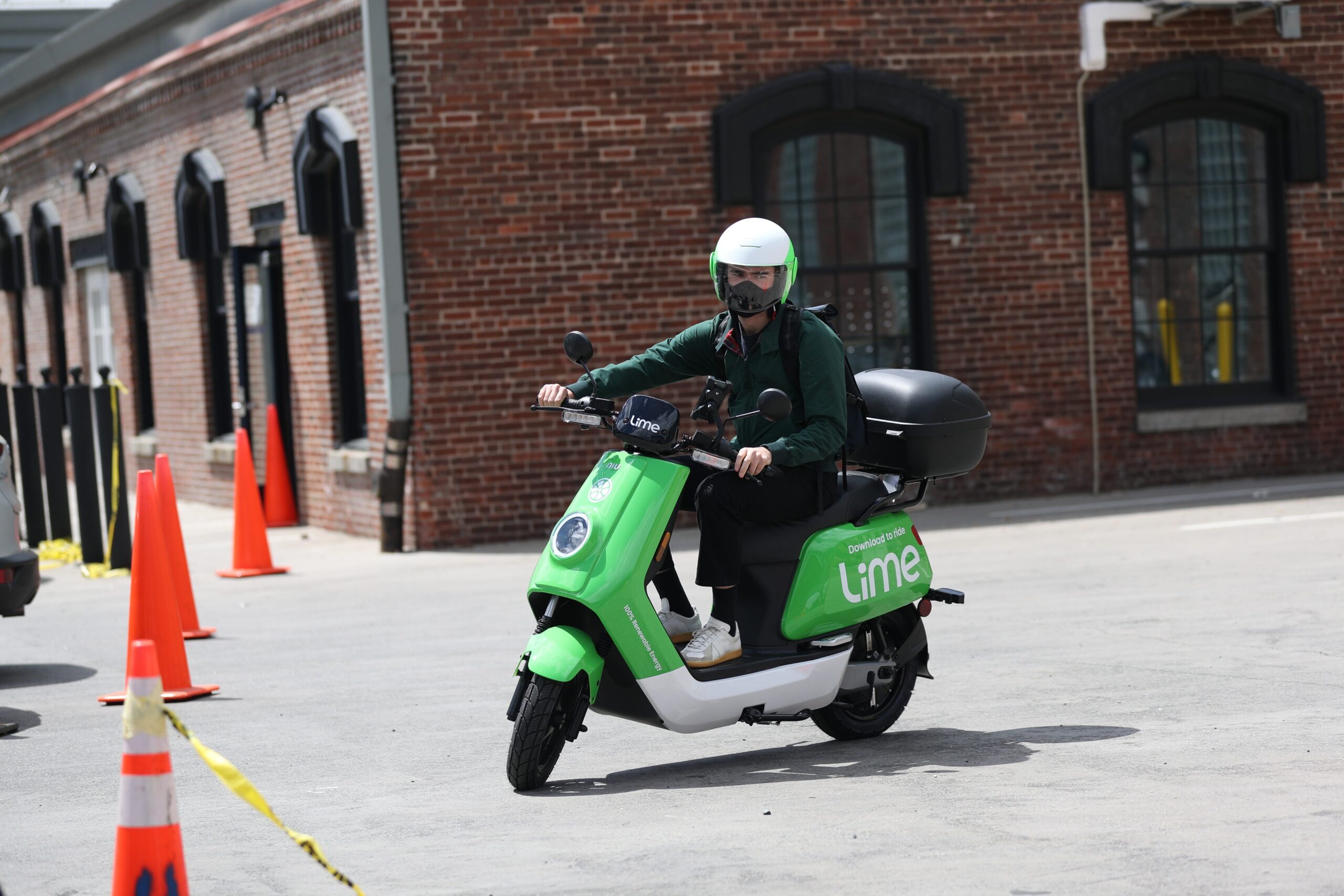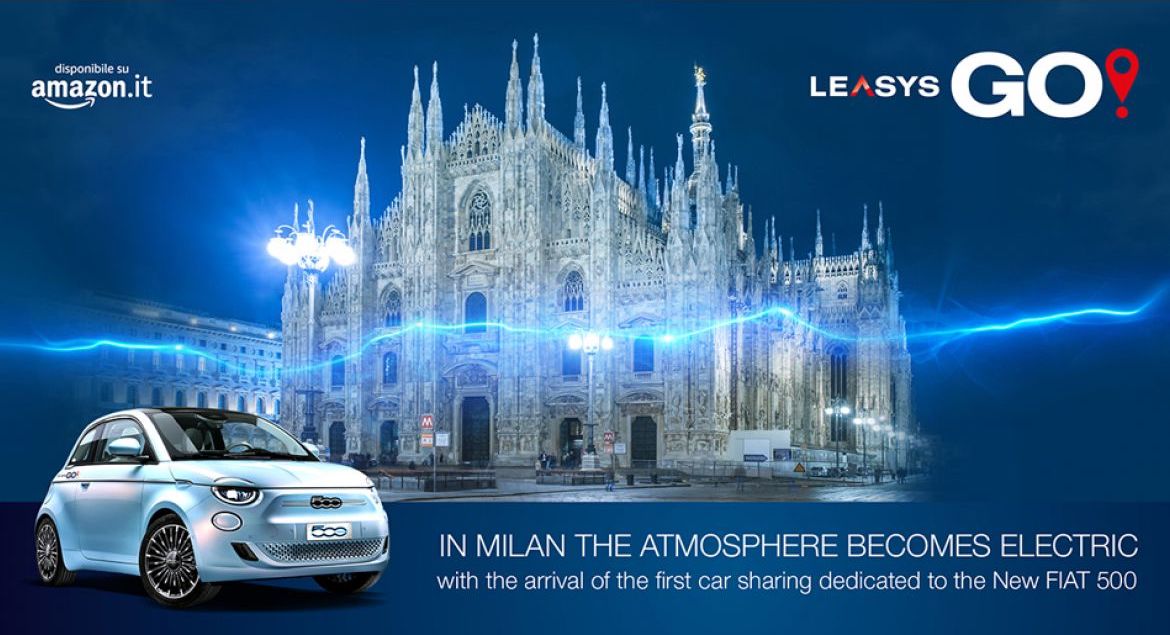ATOM Mobility: How Can Car-Sharing Help to Save the Planet?
Climate changes this summer have warned us as never before. Greenhouse gas (GHG) emissions from transportation account for about 29 percent of total U.S. greenhouse gas emissions alone, making it the largest contributor of U.S. GHG emissions. It is not easy to refuse the comfort that car ownership provides. However, nowadays you have the option of sharing cars and only using them when necessary.
At first glance, owning a car looks convenient, and indeed it is in terms of driving. But it also means constant costs and the loss of value of your property – your vehicle. Experts say that a car loses between 15% and 20% of its value each year.
Car Owning vs Car Sharing
What else do car owners pay for? Constant investments have to be made in repairs and maintenance, for example, when washing the car or changing the oil and filling it with gas, or charging in the case of an electric vehicle. In addition, adjustments to the weather conditions are mandatory, for example, changing tires before the winter and summer seasons. The car should have insurance while in traffic and you should also cover parking costs not to mention the fact that you have to have places to park your car that could be easily reached from home, as well as from the office.
You can avoid all those troubles when choosing a ride-sharing option – your car will always be full of gas or charged, clean, and with the equipment that is adjusted to the season. No additional costs – just pay for your ride and leave the car where it is convenient for you. Moreover, if you need a bigger car for the ride with the whole family, you can have it! Just choose a SUV closer to you with the car-sharing option. And pay less for a small car if you are riding alone.
Car sharing is also more convenient than renting a car. Renting invariably means planning, scheduling, and getting to the parking lot for rented cars. Renting sometimes also involves hidden costs. Car-sharing is easier – if the car is not available at the moment at the closest to your location, look around in the app and you will definitely find a spot, where a car is available near you.
Game Changer
Nearly 90% of Americans own cars. Unfortunately, this means not only a convenience for car owners but also traffic jams and pollution. And according to The Guardian, this quantity of cars costs the economy $124bn. So car-sharing has been seen as a real game-changer. According to a Berkeley study, one car for sharing can replace 7 to 11 privately owned vehicles. Thus cities can become greener not only in the context of reduced levels of air pollution, but also significantly reduced parking lots. Moreover, this means less wear on roads as fewer cars drives around the streets.
Fine, but what is the real advantage, when there are still a lot of cars on the street? How does this actually help to save the planet? Well, with car-sharing there still will be fewer cars on streets and in traffic. Car-sharing providers are thinking of their business so they will always choose the most fuel-efficient cars. Whenever possible, electric cars are going to be included in their fleet. Electric cars have zero emissions. Also, more small cars are going to be available as people who are driving alone don’t need big cars or ones that consume a lot of fuel. This means less air pollution. And the air is also less polluted during the manufacturing process because 1/5 of emissions released in a car’s lifetime come from its production. This amount is even smaller with electric cars as they are smaller themselves so they cause less greenhouse gas emissions in production.
Of course, there are also some downsides to switching to car sharing. For example, manufacturers cannot be happy with smaller demand. A lot of factory workers and their families depend on the demand and income from car production. In addition, fewer public transport users mean less income for public transport companies.
Struggles for Car-Sharing Businesses
There are still quite a lot of struggles for car-sharing business owners. For example, experts emphasize that car sharing is beneficial only in areas with the appropriate population density. In other words, there should be a demand for the service. The biggest challenge of the car-sharing business is to survive in small villages where people usually travel large distances to work and it is more convenient and probably even cheaper for them to have their own cars.
The other issue worth mentioning, which is a challenge faced by big cities is parking lots. There should be enough free spaces in the city to park cars. Especially in high-density areas. If this possibility is not available and users have to travel long distances from the parking lot to the office or house, users will soon lose interest in the service.
What other obstacles should car-sharing business owners consider? Demand for cars via sharing is not constant. There are peak hours that are hard to manage due to the limited amount of vehicles, while users easily get upset if a car is not available when they need it. In addition, people want to use car-sharing across as wide a geographical area as possible. This creates challenges for car-sharing business owners, as there should be enough users all around, who are willing to use the service.
You can take part in the car-sharing business as a user, as well as a car-sharing business owner. If you want to create your own platform, this is what you have to consider and keep in mind.
This article was originally published by ATOM Mobility.



